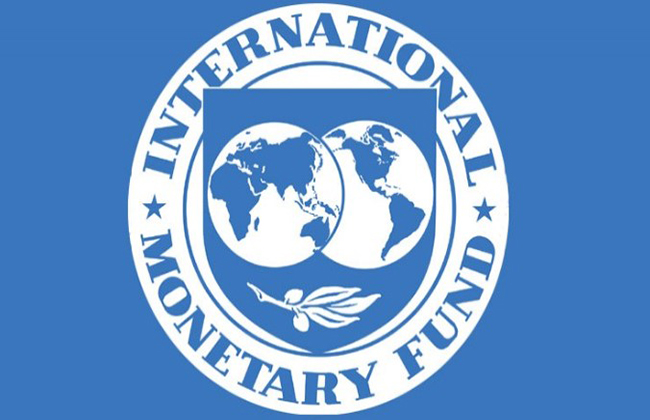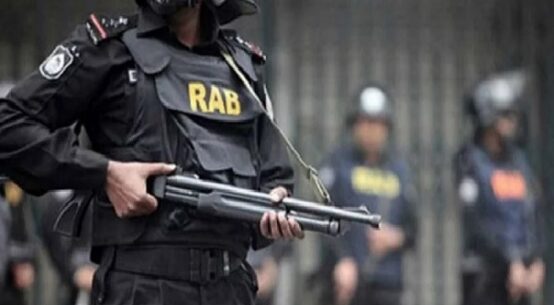
The visiting IMF delegation and the Bangladesh authorities have reached a staff-level agreement to support Bangladesh’s economic policies with a 42-month arrangement of about US$ 3.2 billion under the Extended Credit Facility (ECF) and the Extended Fund Facility (EFF) as well as of about US$1.3 billion under the Resilience and Sustainability Facility (RSF).
A staff-level agreement means that the IMF team and the negotiating team of a sovereign country, in this case Bangladesh, are able to reach a deal on a country’s overall economic programme incorporating the loan, its disbursement schedule, and the planned reforms and policies. This will then be presented to the IMF Executive Board.
The objectives of Bangladesh’s new Fund-supported program are to preserve macroeconomic stability and support strong, inclusive, and green growth, while protecting the vulnerable, said an IMF press release.The RSF is expected to provide affordable, long-term financing to support Bangladesh’s climate investment needs, catalyze climate financing, and reduce balance of payment pressures from import-intensive climate investment.
At the request of the Government of Bangladesh, an International Monetary Fund (IMF) mission led by Rahul Anand visited Dhaka from October 26 to November 9 to discuss the IMF’s support for Bangladesh and the authorities’ comprehensive economic reform agenda. At the end of the mission, Rahul Anand issued the following statement: “The Bangladesh authorities and the IMF team have reached a staff-level agreement to support the authorities’ reform policies under a new 42-month ECF/EFF arrangement of about US$ 3.2 billion (SDR 2.5 billion, equivalent of 231.4 percent of quota), and a concurrent RSF arrangement of about US$1.3 billion (SDR 1 billion, equivalent of 93.8 percent of quota).
“The new ECF/EFF arrangement is aimed at restoring macroeconomic stability and preventing disruptive adjustments to protect the vulnerable, while promoting structural change to support strong inclusive and green growth. Reflecting Bangladesh’s large climate financing needs, the concurrent RSF, which supplements the resources made available under the ECF/EFF, will expand the fiscal space to finance climate priorities identified in the authorities’ plans, including by catalyzing other financing, and reducing external pressures from import-intensive climate investment. The staff-level agreement is subject to IMF management approval and Executive Board endorsement, which is expected in the coming weeks.”
“Bangladesh’s robust economic recovery from the pandemic has been interrupted by Russia’s war in Ukraine, leading to a sharp widening of the current account deficit, rapid decline of foreign exchange reserves, rising inflation and slowing growth.”


